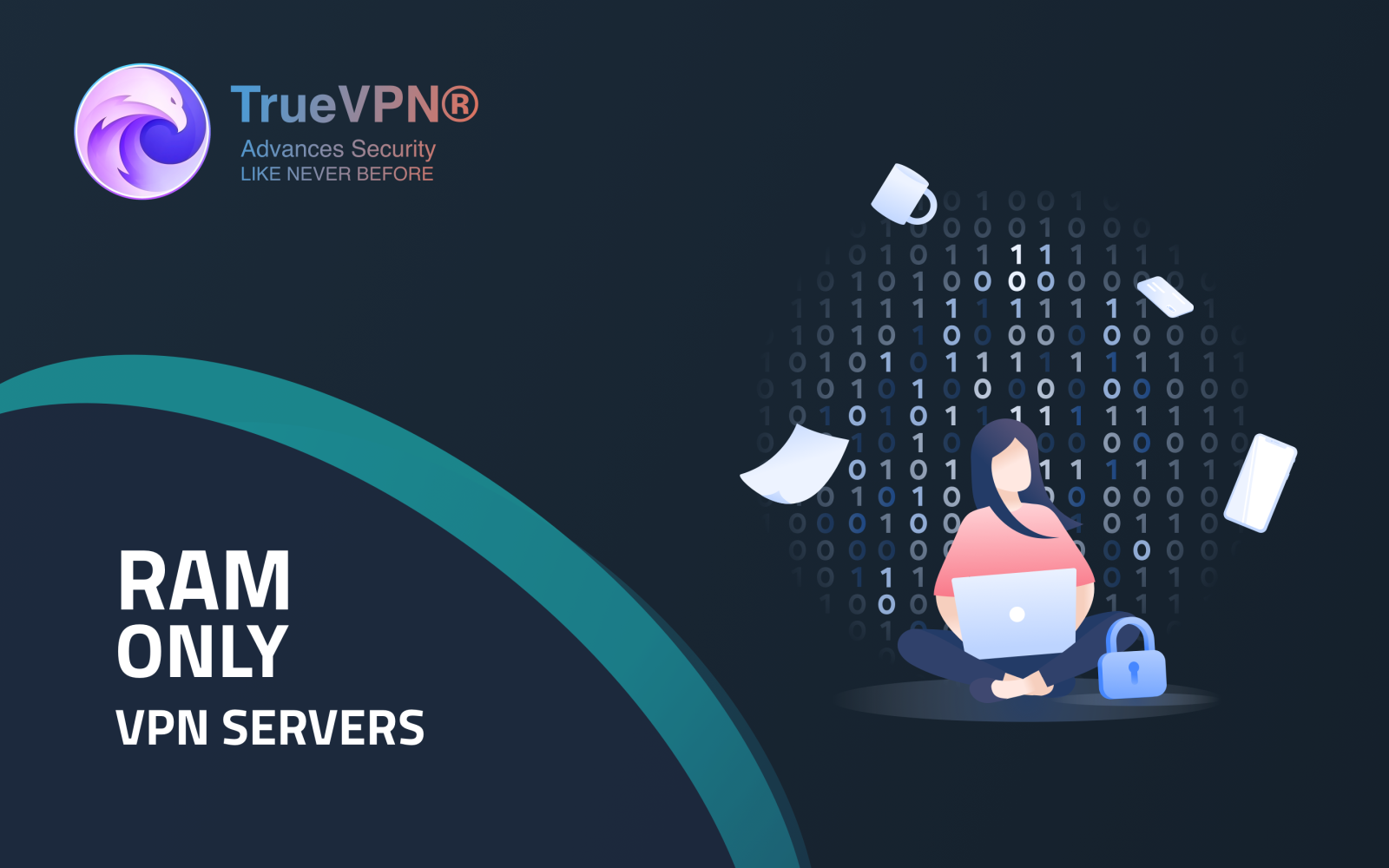Newsroom — TrueVPN became one of the world’s top-notch VPN service providers in terms of delivering speed and maximized security, since our value is customers ‘s trust and satisfaction of all services we provide, we’ve advanced our security measures to the maximum, offering more secure VPN connectivity and maximized protection to our users.
Recently, We have introduced TrueDome which picks a military-grade cyber defense force when it comes to user privacy and connection security.
As we continue to improve our apps, and our brand continues to grow, we’re pleased to announce that TrueVPN becomes one of the first providers in the VPN industry to upgrade the security of its infrastructure with a 100% diskless server network, covering all the 13,600+ servers and locations in all supported countries by our large network. In doing so, we’re leading the ongoing pursuit for more private and transparent practices across the field.
Today, the vast majority of top VPN providers offer strict no-logs policies. However, in pursuit of higher user privacy and security, converting all servers to RAM-only profiles has not become a common practice. Running all servers on volatile (RAM) memory means that any information that would usually be on the hard drive is wiped off automatically whenever a server is turned off.
RAM-only Servers
By design, RAM-only servers are more secure than regular VPN servers with hard-disk,
RAM-only servers are servers that use RAM modules instead of traditional hard disks (HDDs). The RAM modules store the operational data and code required for the VPN service to function.
These servers use a type of RAM which is volatile. If power is removed (by rebooting the server or turning off the server), the information stored is lost. In traditional HDDs, even if power is removed, stored data is not lost.
RAM-only servers provide a way to eliminate the retention of your data. With a reboot, there won’t be any trace of sensitive information. Also, these types of servers ensure that VPNs commit to their no-log policies regarding user activities.
Additionally, prying eyes such as hackers and other third parties won’t have unauthorized access to these servers. Even if the servers are physically seized, they won’t have any data. Concisely, RAM-only servers ensure improved privacy, security, performance and consistency.
Why are hard drive servers less secure?
The data stored on server hard drives is mostly operational and is only required to initiate a successful VPN function. Despite this, it could, theoretically, still be accessed in case the servers were seized or taken over by a malicious third party.
Along with that, hard drive servers are less secure because their private keys could potentially be stolen from the server configuration and the attacker could pretend to be a legitimate TrueVPN server simply because they would then possess these keys.
However, moving all the necessary processes to RAM means that no information can be physically taken from servers. Plus, it can be wiped easily and remotely as a part of regular security procedures.
How do RAM-only VPN Servers Work?
The servers’ boot on a read-only image containing the operating system and other required software. Since there’s no HDD, the contents of this image and other required files are loaded into the RAM modules. Essentially, every aspect of the VPN service takes place in the volatile memory (RAM).
Conclusion
TrueVPN is continuously reaching for better security practices in the industry. That is illustrated by being one of the first VPN providers to initiate an independent security audit and launching two-factor authentication on all of its applications.
Our vision is to create the best environment for our users to fully exercise their right to privacy and security. RAM-only servers help us take a substantial step towards that goal.
FAQ
Do RAM-only VPNs log data?
By default, TrueVPN doesn’t log any data and by design of RAM-only servers, The operational data that passes through their servers is wiped once a reboot is initiated.
Do all VPN service providers use RAM-based servers?
No, only a few VPN providers use RAM-only servers, TrueVPN uses RAM-only servers to operate.
Can RAM-only data be tracked?
It is a futile process to track data in RAM-only servers. This is because data from the VPN service is secured with robust encryptions. The data is also anonymized and can be wiped at anytime a reboot is initiated.
Are RAM-only VPNs better?
Yes, RAM-only VPNs are better than VPNs that use hard disks in their servers. RAM-only VPNs ensure utmost privacy and security, consistency and performance, and they reinforce the no-log policy. Also, they are based in jurisdictions with no mandatory data retention laws.

